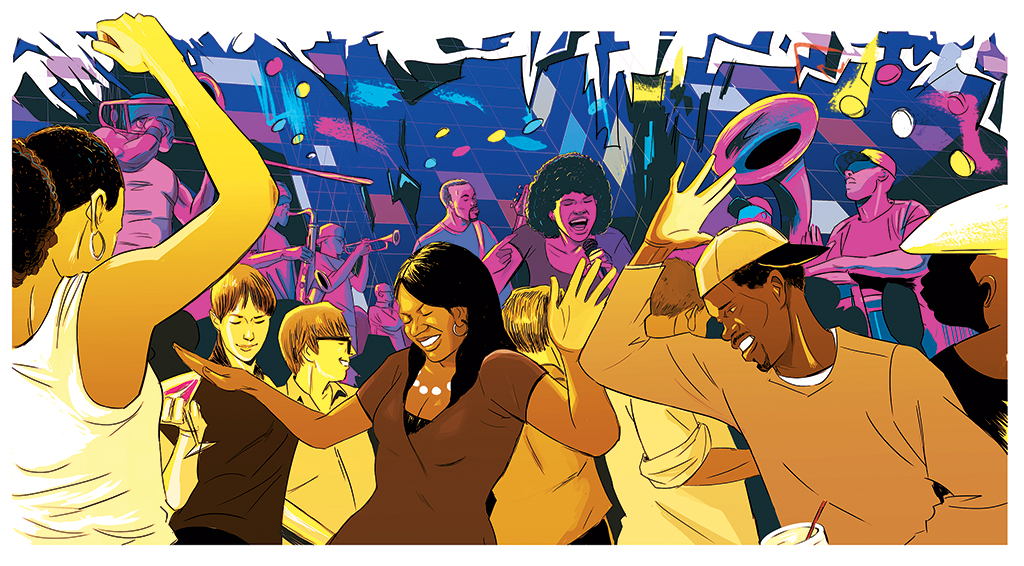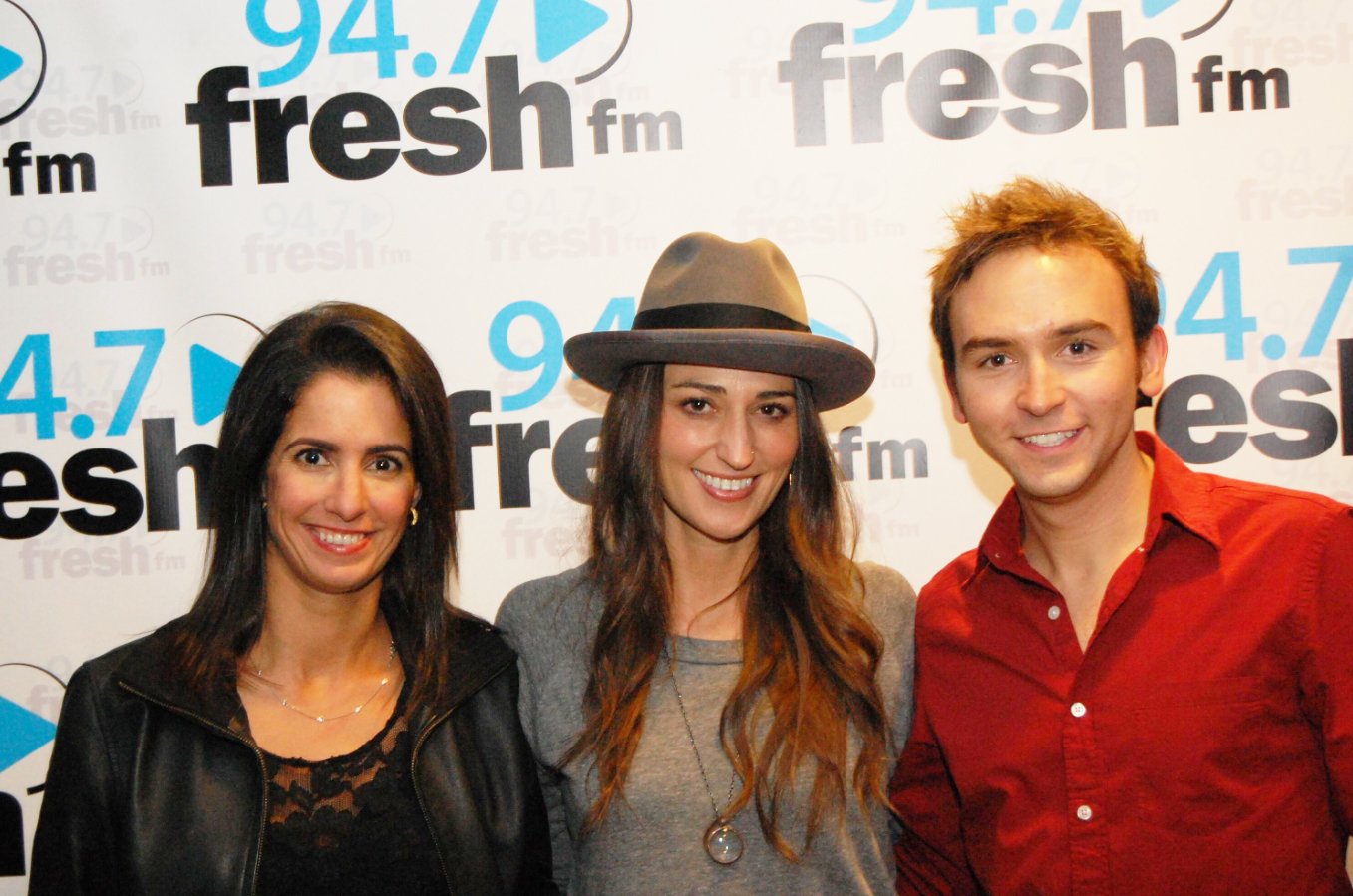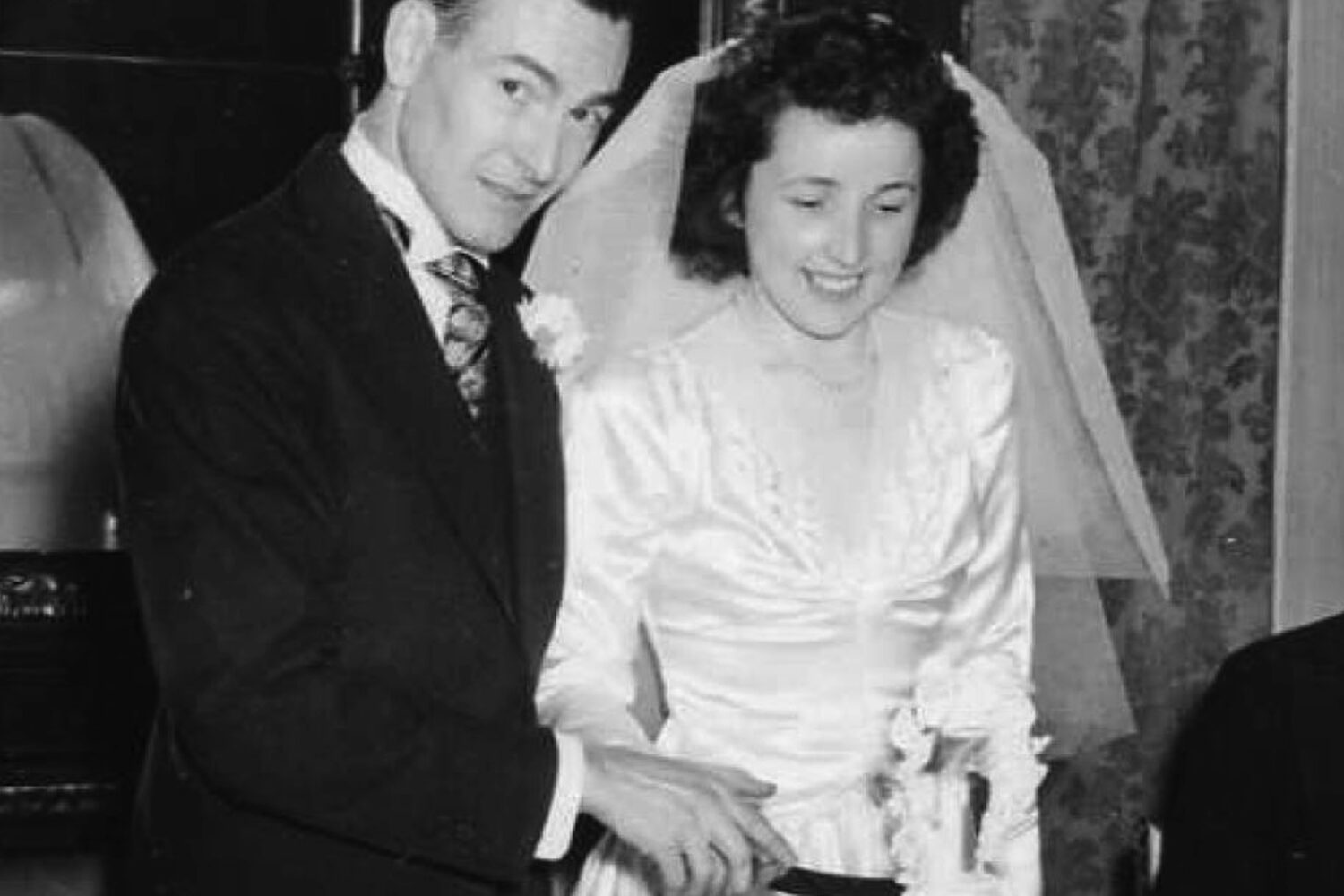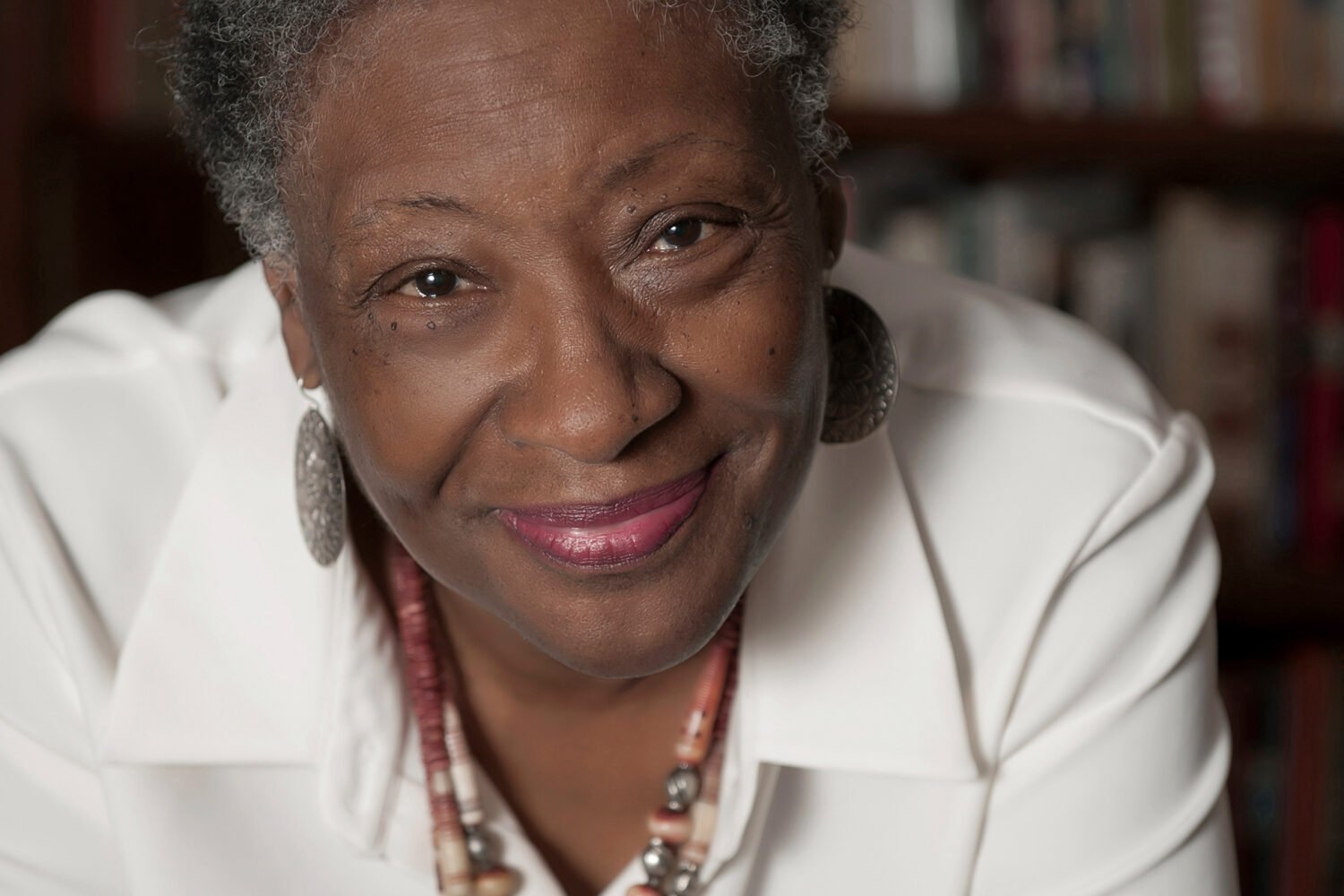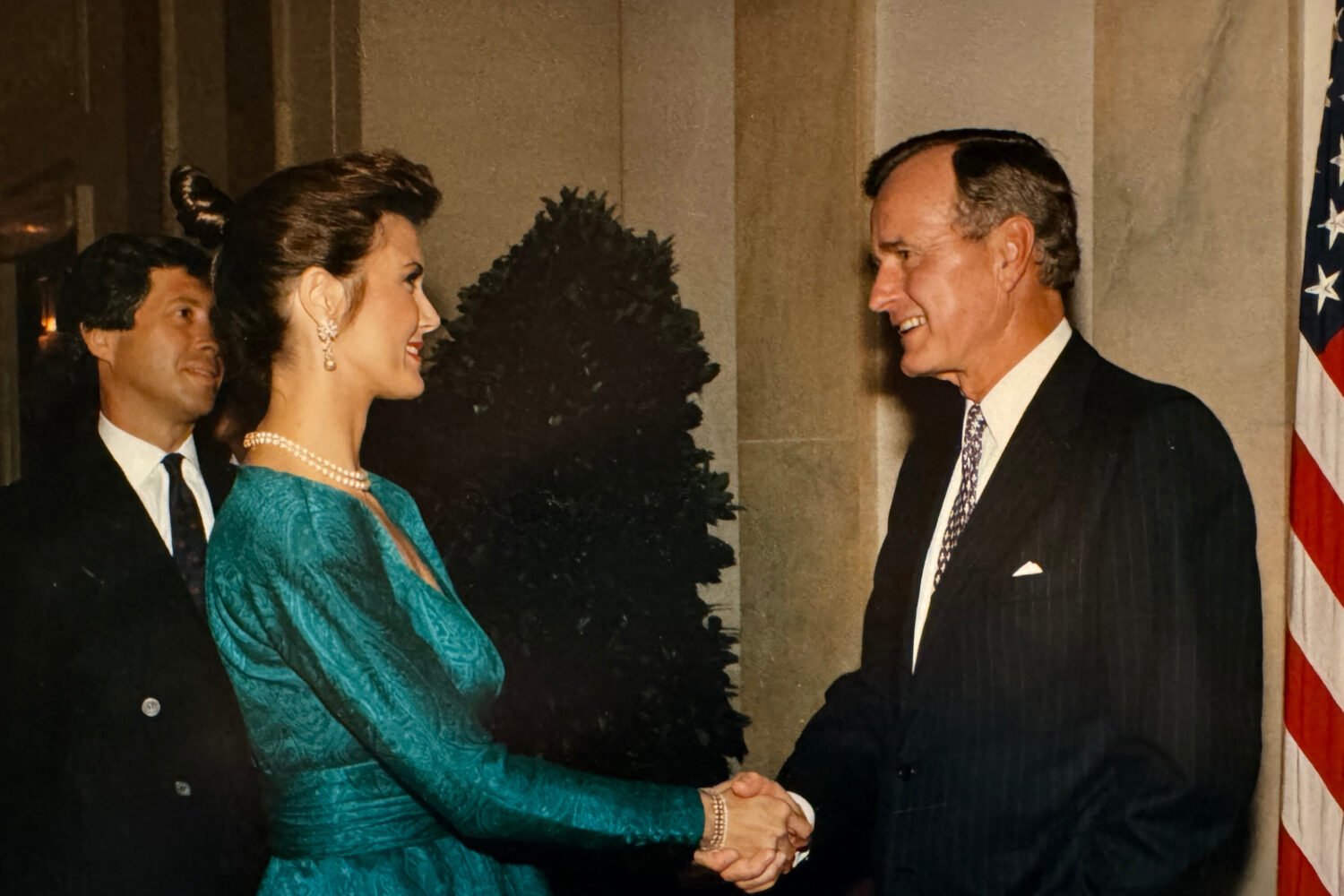Ten years ago on my 26th birthday, I arrived early at DC’s Takoma Station Tavern for my first go-go show. Although a fan, I’d previously enjoyed go-go only at cookouts or while dancing in nightclubs. The headliner wasn’t Chuck Brown or EU but a younger band I knew from the radio.
I waited at the bar for my friends. The man next to me—large guy with a booming laugh who reminded me of an older cousin back home in rural Virginia—jokingly harassed me. Maybe I reminded him of a little cousin. We played around with the jukebox, one-upping each other with our choices. My newest selection started, and he said: “How you going to play Sade? Making everybody depressed.” I sipped my beer. Whatever—nothing’s wrong with Sade.
Sade’s husky croon was my subconscious trying to lure me back to my one-bedroom apartment for sad wine guzzling and VH1 Soul watching. Single and missing my Aunt Bee, who’d recently passed away, I was in a Sade kind of mood.
My girls arrived, and we moved to a table. The place was pretty empty. An opening band performed R&B classics for the mainly older crowd—Earth, Wind & Fire’s “September,” Maze’s “Happy Feelin’s.” My mother and aunts would’ve loved it. My friends, however, were bored. It had taken some convincing to get them there. They were from Long Island, Columbus, Baltimore—none born and raised in the District, none big fans of its official music. My girlfriend from La Plata came out that night. She tolerates go-go, but it doesn’t hold a place in her heart.
I’m not from DC, either, but two hours south in Ashland, a town between Richmond and Fredericksburg where the late-’70s–’80s percussion-heavy funk-jam music plunk-a-dunked its way down I-95 and into our working-class, country lives. I remember Aunt Bee swaying to Chuck Brown and the Soul Searchers’ rendition of “Stormy Monday.” When I was 12, cousins taught me how to dance to Northeast Groovers’ “Booty Call”—hips winding, legs bouncing. The music is raw, even when it’s jazzy, and the drumbeat, often from just a set of white buckets, mirrors the ups and downs of being black and poor: struggling to make ends meet yet finding a way to celebrate the life you have by using what you’ve got.
But that wasn’t the music this opening act played. My stomach turned with dis-appointment. I sipped a watered-down drink, wondering what was happening in Ashland, how my family was getting along without Bee. She’d taken care of me all my life, had helped raise me. I missed resting my head in her lap, feeling her nails scratch my back, comb my hair. I felt disconnected, as if the heartstring tying me to her, to my people, had severed the day we buried her. Grief urged my imagination to make up a lie so I could leave early, go back to my apartment and play more Sade.
Then, the R&B act over, the lights dimmed. A number of people had made space for themselves and their instruments—horns, drums, keyboards—along with several vocalists on the small stage. Uplighting made their bodies glow blue, purple, red. A gorgeous female singer, unpretentious in jeans and a form-fitting T-shirt, took center stage. The place was suddenly packed: people in their twenties, thirties, forties—big men with big laughs, women with thick hips, arms waving a drink side to side. The band jammed, grooved, and of course played “Stormy Monday.” My pretend cousin found me on the floor. Even my girls had a good time. I felt surrounded by family. The band played on, and I became a sweaty, smiling mess. I’d shaken Sade out of my head. My apartment could wait. Besides, I was already home.
Hyattsville resident Tyrese L. Coleman is an attorney and fiction editor of the online journal District Lit. On Twitter, she’s @tylachelleco.
This article appears in our July 2016 issue of Washingtonian.

